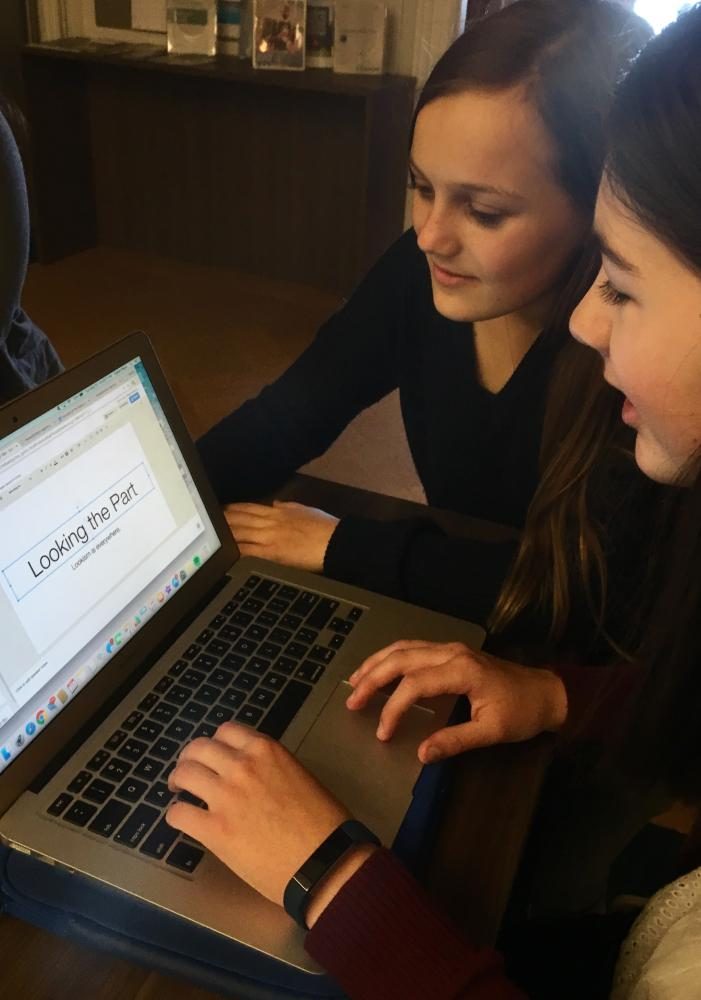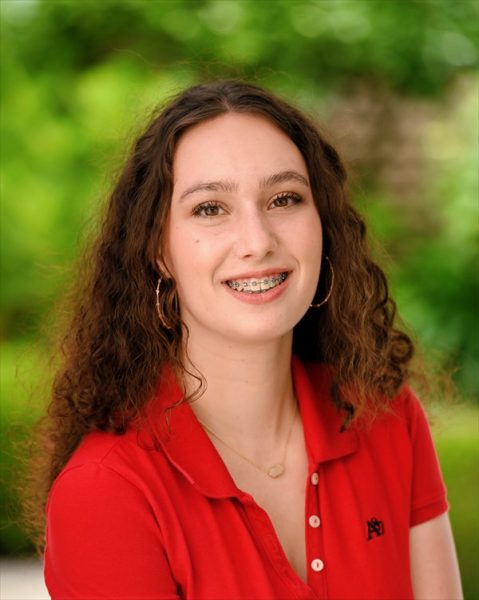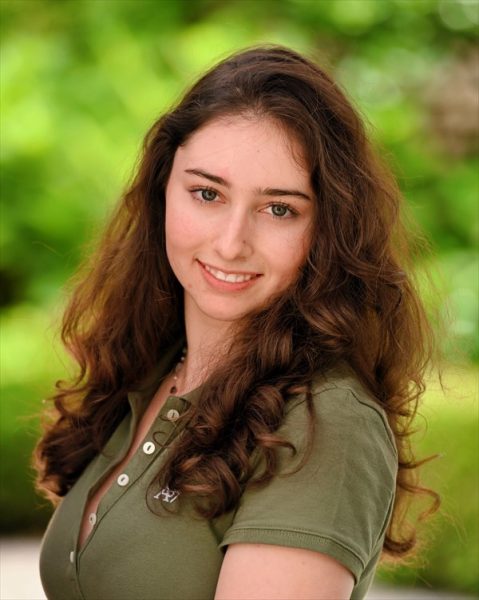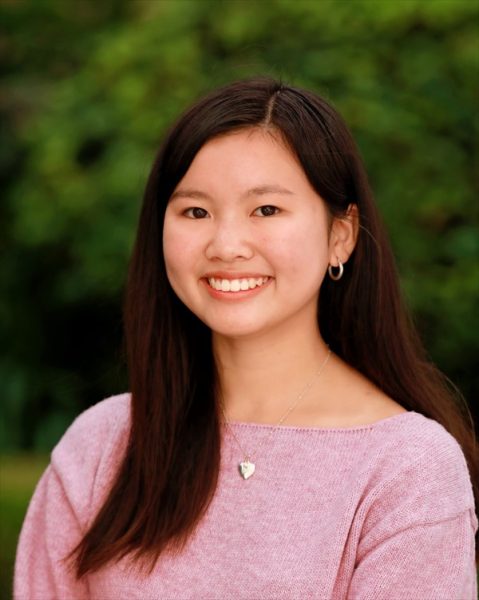Sophomores end school year with Capstone Project
Sophomores Sophie Mack and Josephine Rozzelle add finishing touches to their TED Talk-style presentation, “Looking the Part.” Mack and Rozzelle, who are also in a group with Jordan Russell, focused their project on lookism, a form of oppression that discriminates based off an individual’s physical appearance.
May 23, 2017
Whether finalizing research papers or practicing presentations, sophomores are spending the week in preparation for their Hislish final, the third annual Capstone Project.
The Capstone Project gives students a chance to research a form of modern oppression they find most interesting and present their research in two ways — a personal and in-depth paper and a TED Talk-style presentation either individually or with a group.
“My topic is sex-trafficking and it’s something that actually takes place within the Bay Area, so I got to see a dark side of where I live,” sophomore Abby Anderson said. “The Capstone Project has opened my eyes to a lot of issues that I previously was unaware of.”
The project demands students to connect, or attempt to connect, to at least two outside organizations. Emails, phone calls, or in-person visits were all different ways the sophomores could learn from first-hand experiences.
“My partner and I reached out to a bunch of clothing companies, but they declined our requests,” sophomore Bianca Mercado, who is researching clothing sweatshops, said. “It was really hard to find people willing to talk to us and people who actually gave us real information.”
Possible research topics are as varied as racism, the psychological effects of Photoshop, slave labor and food additives, giving students an opportunity to learn outside of the classroom.
“Our girls are now entirely equipped with the skills to respond to the oppression around us,” History teacher Michael Stafford said. “The girls are given the empowerment to use their knowledge to respond generously and lovingly to make things better.”
The presentations will take place Tuesday May 30th in the Mother Williams Library all day. Parents and guests are invited to stop by to listen to the final TED Talks.
“This project is truly unique to Convent and unlike anything I’ve ever done before,” Anderson said. “It allows students to really dig deep into what they want to learn about while at the same time teaching others about the all-too-common oppression in our world.”










